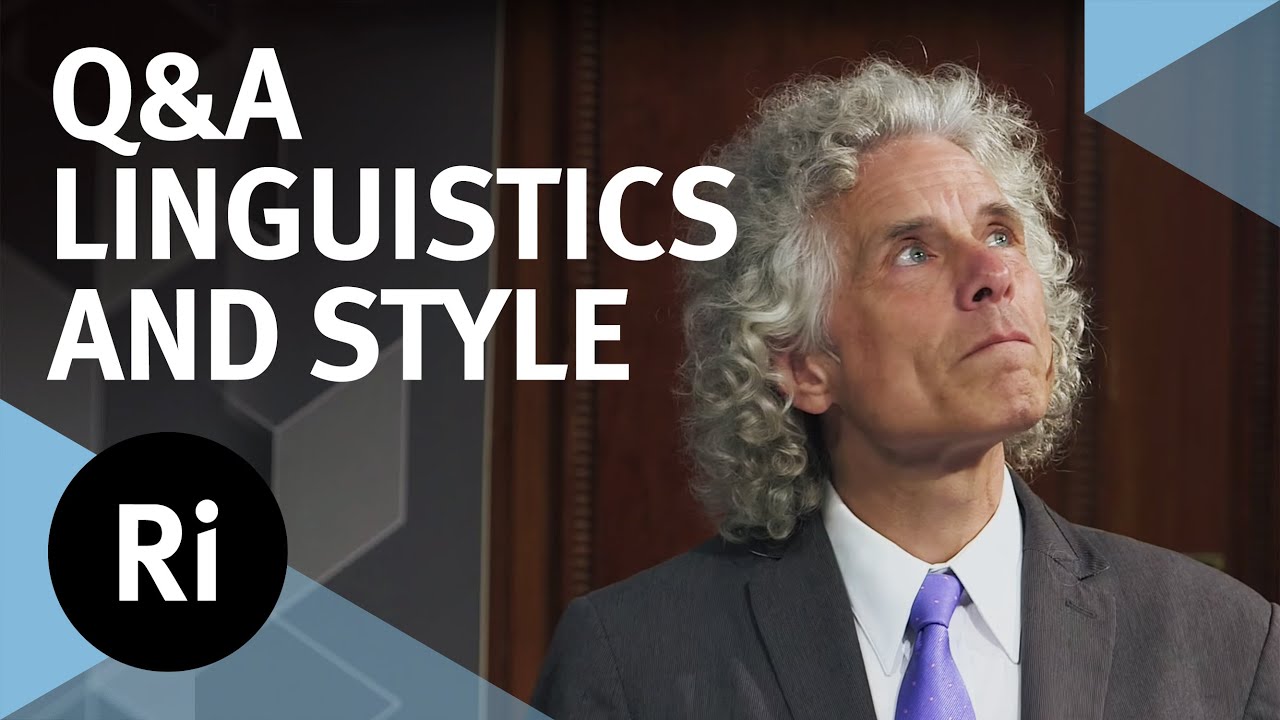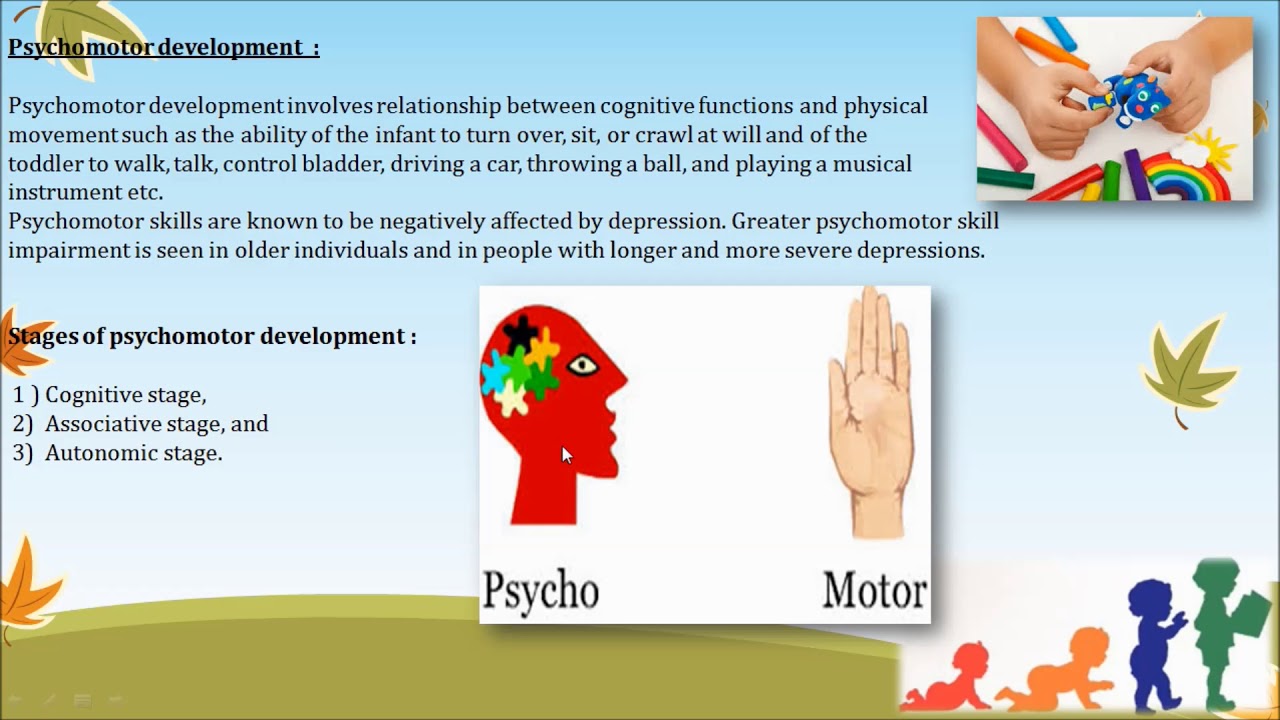The Royal Institution
Watch Steven Pinker’s talk here: https://www.youtube.com/watch?v=OV5J6BfToSw
Steven Pinker and Lord Melvyn Bragg answer questions on the importance of writing well.
Subscribe for regular science videos: http://bit.ly/RiSubscRibe
Does writing well matter in an age of instant communication? Drawing on the latest research in linguistics and cognitive science, Steven Pinker replaces the recycled dogma of style guides with reason and evidence.
Steven Pinker is an experimental psychologist and one of the world’s foremost writers on language, mind, and human nature. He is Professor in the Department of Psychology at Harvard University and conducts research on language and cognition but also writes for publications such as the New York Times, Time, and is the author of many books, including The Language Instinct and How the Mind Works.
Melvyn Bragg is a broadcaster, writer and novelist. He was made a Life Peer (Lord Bragg of Wigton) in 1998. Since then he has hosted over 660 episodes of In Our Time on subjects ranging from Quantum Gravity to Truth. He was presenter of the BBC radio series The Routes of English, a history of the English language. He is currently Chancellor of the University of Leeds
Subscribe for regular science videos: http://bit.ly/RiSubscRibe
The Ri is on Twitter: http://twitter.com/ri_science
and Facebook: http://www.facebook.com/royalinstitution
and Tumblr: http://ri-science.tumblr.com/
Our editorial policy: http://www.rigb.org/home/editorial-policy
Subscribe for the latest science videos: http://bit.ly/RiNewsletter .




well said 🙂
somebody should learn that guy how to tie a tie properly. so he doesn't have to hold it in his hand. sorry if that sounded offensive to anyone. just a joke
Look, another apple computer with a conglomeration of random adapters to make it fit a perfectly normal connector. Why do apple users accept this?
Oh! That's Melvyn Bragg from the BBC! Recognized from the podcast 😉
because reasons, and because science! is caching up 🙂
Speaking of punctuation I advise you to read the books of Jose Saramago. He uses only two punctuation marks – a dot and a coma. Nothing else. No dashes, no quotation marks, no exclamation or question marks. And his prose is brilliant! It does take a few pages to get used to this lack of orientation markers however I feel breaking the punctuation rules gives the prose a certain livelihood which is impossible otherwise.
"the boundaries of language are elastic" ……deep
I actually appreciate the careful language of science. Not only in papers, also when listening to scientists in interviews, it's always refreshing to me how deliberate, precise and at the same time diffident they express themselves. In a world where everybody is just claiming absolute truths left and right, I actually think we need more of this, not less.
Excellent talk and the Q&A demonstrated his command of linguists with complete perspicuity. ?
It's a shame the dyslexia question wasn't answered. Even more so that it was passed over in favour of a man who, it seems, essentially wanted to boast about how well received his writing was.
I sense hostility towards the audience and Steven Pinker from the host Melvyn Bragg. It may well be ignorant prejudices, but it is if he thinks more highly of his own time than that of the audience and Steven Pinker. His personality and behaviour is disturbingly frustrating to be a witness to.
nice!
German is hard!
Great question and answer period. I love Melvyn Bragg's "The Adventure of English". That's a really great intro animation to this video. It's kickin'!
The whole thing is a balance between the new and the standard. The speed of change induced by illiterate media hosts etc. confounds the natural balance achieved by testing new language over a reasonable period that always happened before. See introduction to The Penguin English Dictionary for a good (IMO) précis of the best stance on this. Those unfamiliar with correct forms also miss out on nuance of intentional incorrect use for effect. There is no plus side to being unaware of best practice.
Because X is basically meme language. It is similar to the Lol Cat. People only do it ironically, with full awareness of it being incorrect grammer. It's only reason for existence is because of it being incorrect. Unfortunately Internet vernacular and meme language is being misunderstood by many people above a certain age.
I've had an idea regarding the omission of the possessive apostrophe in its. Perhaps this rule came about to avoid confusion between the possessive and the contractions of it has and it is, as in it's. I realize that context should help, but is this always the case? Oh and by the way, while we're on the subject of grammar. Will our American cousins kindly refrain from using the phrase " can I get" when requesting a service. This is a grammatical car crash that is creeping into usage here in the U K and it's driving me bloody bonkers. Now write on the board one hundred times: May I have. ————Irony or pedantry?
learn 2 language
pinker is a god
Like Pinker, whenever I hear, "The United States ARE losing (as in, say, its national team: basketball or soccer or volleyball, etc)," I feel like stopping.
"Germany are losing."
"Italy are losing."
"China are losing."
It's a NATIONAL TEAM (or it is a SPORTING TEAM or CLUB), a single entity. The verb that goes with it === that singular entity (even if THE TEAM or CLUB has individual athletes) === also should be a singular verb….. "is."
Again, yes, the TEAM consists of many players; but obviously we are NOT talking about the players, as individuals (some of whom are, for example, terrible while others are brilliant); instead, we are talking THE TEAM as a whole…
"Microsoft are terrible."
"Apple are great."
That, as Pinker said, is no difference from saying "Is the children learning?"
If we have no qualms using a plural verb, ARE, when we is (are) referring to a club, an organization, an institution, or a sporting team…. why, then, do we have problems with people use a singular verb in reference to plural nouns or pronouns or multiple things?: "Is our children learning?" or "Is we going?" or "Is they okay?" "Is the cars okay?"
Terrible!
I understand that "Germany ARE losing" or "England ARE winning" === used by Europeans === is a CONVENTION and not a strict grammar rule… but, still, it is such an irritating thing…
Why does that guy keep holding his tie?
English is not my first language, so I only now realized that the way I punctuate my sentences is the same I would in Romanian, which is my native language. Sure, there are points where I might overdo it, but that is an issue I have regardless of the language I am writing in. I now feel like that is the reason why I wanted to learn Japanese.
If anyone likes to know about the origins of languages , should study Albanian language!
Science of linguistics starts with books of Petro Zheji…
Interesting how many um's and ah's are present in a talk about linguistics.
"His", "hers" "yours" and "theirs" do not have an apostrophe so "its" should not have an apostrophe either. "It" is a pronoun, not a noun, e.g. hat's brim.
We need this guy if Arrival happens in reality.
BADASS ATTITUDE OF QUOTES IN ACTION.
"It is better to be clear and possibly wrong than fuzzy and not even wrong."
– Steven Pinker.
"It is better to be fuzzy and possibly right than simplistic and definitely wrong."
– Ulysses Alvarez Laviada.
The first quote assumes that clarity doesn't have shortcomings in itself. For instance, the habits of clarity develops a tendency for us to be simplistic rather than simple when the context requires it. The habits of clarity also develops the tendency for us to dismiss fuzziness when the context might require it.
The second quote assumes that fuzziness doesn't have shortcomings in itself. For instance, the habits of fuzziness develops a tendency for us to be over complicated rather than complex when the context requires it. The habits of fuzziness also develops the tendency for us to dismiss clarity when the context might require it.
Both quotes dismiss one ontological nature of reality, namely, anything that can show human excellence, in our case, simplicity and complexity, tend to show their natural shortcomings when either of them becomes a habit.
God dammit I really wanted to hear the question about dyslexia. One of the more interesting questions sadly.
“There’s no evidence that punctuation has gotten worse over time.” — He must not read YouTube comments.
i am a novice linguist i am looking for an idea To write about, let s say i am shopping for ideas here on youtube. what do you propose? ??
Steven Pinker doesn’t think that there’s been a terrible decline in punctuation or grammar? Does he have an internet connection?
Pinker is like a human database. Really impressive.
1:10
the importance of a standardized and evaluable langugae increased with the start of the modern education system..which, just in perpective, has not made many steps ever since.
Pinker's argument towards the end about the subsets of language being different does not obviate the point that the superset of a language would be fairly constant — modulo, yes, a language can be augmented (incrementally).
He kind of comes back around to this with his point about the South American rainforest dialect in discussing theoretical physics.
The answer must be yes whether language imposes conceptual restraints in the very practical sense that any given individual can only evolve a language ever so slightly into abstraction on any given question so it would surely follow that some abstraction (like quantum mechanics) many orders of understanding removed would be wholly unavailable to anyone speaking a language that did not provide (nearly) the entire scaffolding of shades of approach.
E.g., Einstein could not have formulated Relativity without the language of LaGrange transformations or various contributions to the understanding of electromagnetism made before him.
I know this is silly but he has such a beautiful head of hair I wish someone would style it for him.
Steve Pinker is one of the most distinguished scholars of language in the world.
I'm in my early 30s and have heard people say things like "I believe in climate change because science" but in my experience I feel like this is used in order to highlight its breaking of the normal grammatical pattern, sort of akin to "I can has cheeseburger." The term "because. . . science" usually has that . . . pause as a rhythm because it's comically emphasizing the simplicity of the reason. In other words, "Because [comic pause, expecting lots of extremely nuanced scientific explanations] science", i.e., "I'm not an idiot. I believe in this simple thing called science." But perhaps the way I use that phrase is different than the way people even younger than me would use it. I wonder if sometimes things like this are developed with some sophisticated joke behind them at first and then are corrupted slowly by misunderstanding, until at some point they don't mean the original thing they meant at first innovation.
"Because [noun]" has a recent origin in image macros on the web, where it is just as deliberately wrong as "I can has cheezburger." If the usage becomes accepted, it doesn't work anymore.
Just when you think the questions ask for information out of the scope of his knowledge, Pinker comes back
24:00 hyperlinks are a lot like footnotes in printed books. and they are annoying, especially when overused. you just stumble too often, your reading cannot flow unhindered. so… might it be that we should stick to that linear way of writing even more? for example, when writing textbooks, shouldn't we try and make our text as clear as possible with no illustrations, no fancy layout, no links or footnotes — and only then integrate all that, maximizing clarity, rather than barely reaching it?
Excelent last question and excelent answer to finish with
That has to be one of the most honest QandA I've seen in ages.
The woman so indignant at how substandard today's punctuation is, clearly hasn't been paying attention to the speech lol